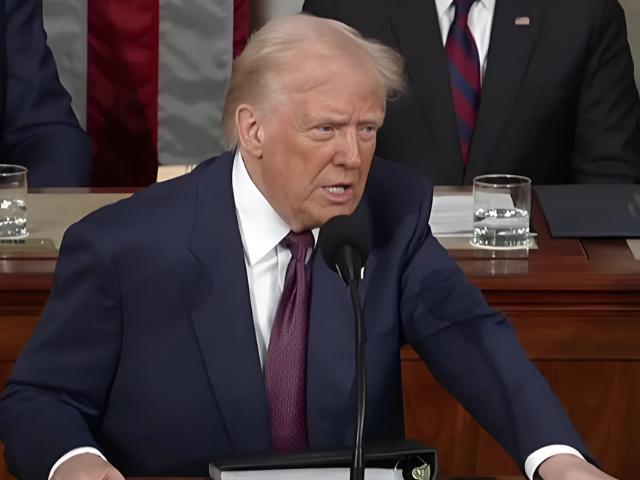World leaders reacted with disappointment and growing alarm on Thursday after US President Donald Trump announced sweeping reciprocal tariffs on imports, triggering fears of a global trade war and renewed economic instability.
The new policy, announced on what Trump dubbed “Liberation Day”, sets a baseline 10% tariff on all imports to the US from April 5.
From April 9, steeper duties—ranging from 17% to 49%—will be imposed on around 90 countries that Washington claims maintain unfair tariffs on American goods.
European Union
The European Union, set to face a 20% tariff, warned of “immense consequences”.
“This is a major blow to the world economy,” European Commission President Ursula von der Leyen said. She added that the EU is preparing countermeasures if talks fail, stressing, “If you take on one of us, you take on all of us.”
China
China, which will now face a 34% reciprocal tariff on top of existing levies, called on the US to reverse the measures immediately. Beijing’s commerce ministry warned the move would “endanger global economic development” and pledged to “resolutely take countermeasures”.
The tariffs have drawn criticism even from some of Trump’s traditional allies.
Italy
Italian Prime Minister Giorgia Meloni, who visited Trump at Mar-a-Lago earlier this year, called the move “wrong” and warned of a trade war that “would weaken the West in favour of other global actors”.
Ireland
Irish Prime Minister Micheál Martin said the tariffs “benefit no-one” and promised to protect Irish jobs and the economy. His deputy, Simon Harris, described the impact as “significant” and warned it could be felt for some time.
In Asia, the response was equally strong.
Japan and South Korea
Japan’s Trade Minister Yoji Muto labelled the 24% tariff on Japanese goods “extremely regrettable” and potentially in violation of WTO agreements. South Korea, now facing a 25% rate, said a global trade war had “become a reality”.
Thailand and Cambodia
Thailand, hit with a 36% tariff, said it would seek talks with the US, while Cambodia, facing the steepest increase at 49%, condemned the decision. A spokesman for the ruling Cambodian People’s Party said, “As a small country, we just want to survive.”
India
India was hit with a 26% tariff on its goods, with Trump calling it a “discounted reciprocal tariff” for what he claimed were 52% duties imposed by India on US imports.
India’s commerce ministry said it was assessing the decision, calling it “a mixed bag and not a setback.”
Australia
Australia’s Prime Minister Anthony Albanese criticised the tariffs as “unjustified” and said they would ultimately hurt American consumers. “We will not join a race to the bottom,” he said.
Israel
Israel, which had preemptively lifted its own tariffs on US imports, was blindsided by a new 17% US tariff. An Israeli official said the government was in “complete shock”.
Switzerland
Swiss President Karin Keller-Sutter reaffirmed Switzerland’s commitment to free trade, despite the new 31% tariff imposed on Swiss exports to the United States by US President Donald Trump.
In a statement on X, Keller-Sutter acknowledged the US tariff decision, saying that the Federal Council would assess the situation and decide on the next steps promptly. She emphasised that Switzerland’s long-term economic interests would guide the country’s response.
“Adherence to international law and free trade remain core values,” Keller-Sutter added.
Canada and Mexico face earlier tariffs
Canada and Mexico were notably absent from Wednesday’s tariff announcement, with the White House clarifying that both countries are already subject to earlier executive orders.
These include 25% tariffs on various goods, introduced as part of US efforts to tackle fentanyl trafficking and border-related concerns.
Canadian Prime Minister Mark Carney said the measures, particularly the auto tariffs set to begin at midnight Thursday, would “directly affect millions of Canadians.”
US response and economic warnings
Trump’s administration insists the move is about fairness, with Treasury Secretary Scott Bessent warning countries against retaliation. “If you retaliate, there will be escalation,” he told Fox News.
Economists, however, have cautioned that the tariffs could hurt lower-income Americans the most and risk pushing the US into a recession.

